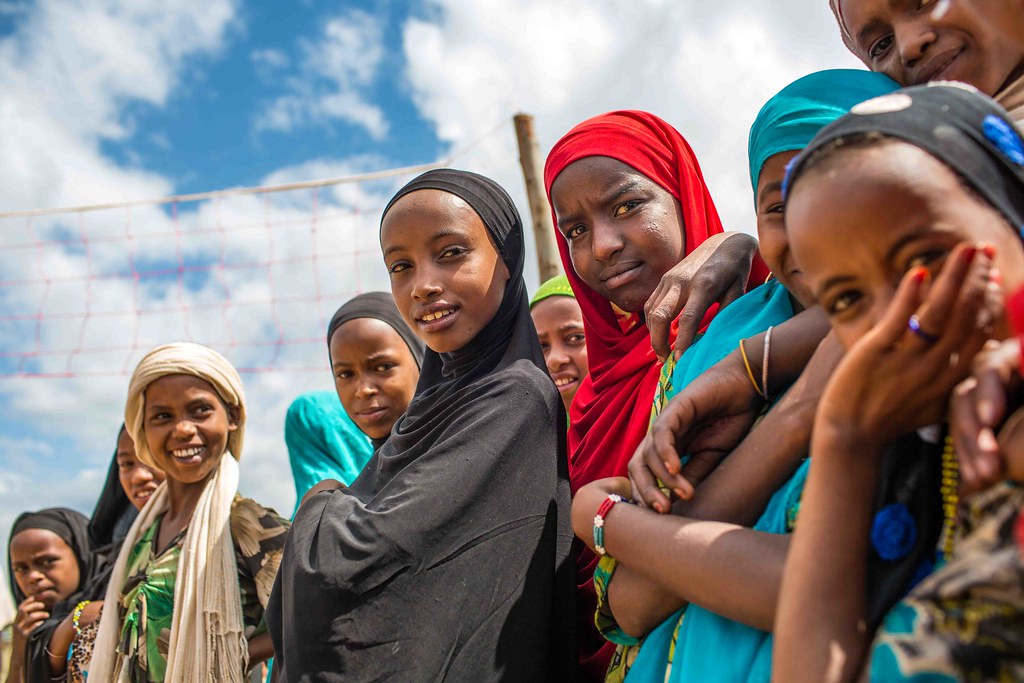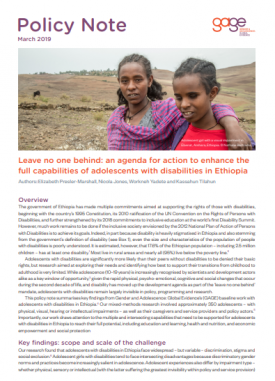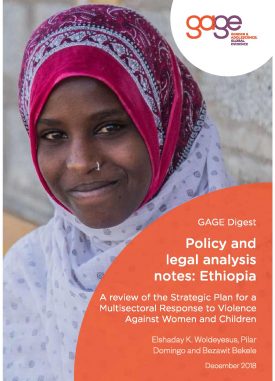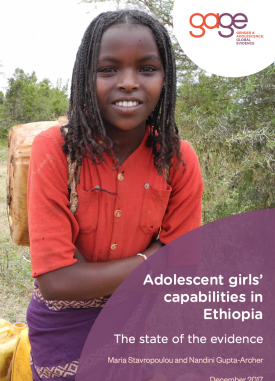In Ethiopia, GAGE is carrying out the research in rural and urban communities in the Oromia, Amhara, Afar regions and the Dire Dawa City Administration, with a total sample of 6700 Ethiopian adolescents. Our research is carried out in partnership with a multi-disciplinary team of researchers, including from Addis Ababa University, PSI and Quest Research, Training and Consultancy.
These results will support policy and programme actors to more effectively reach adolescent girls and boys to advance their wellbeing and better identify what is needed to meet the Sustainable Development Goals, including the commitment to Leave No One Behind.
GAGE completed the collection of its baseline data in 2018 and conducted several validation workshops with key government stakeholders in December 2018 in Addis Ababa. Following the National Dissemination Workshop that took place on May 2019, the GAGE programme and Care International are now hosting a workshop to discuss the policy and programming implications of our baseline research findings in Oromia.
In this workshop, we aim to interrogate what the baseline findings mean for Oromo policy makers, and for practitioners working in the Oromo context. Findings will also be of relevance to media, helping pin point some of the key challenges that Ethiopian adolescents face in the road to achieving the SDG goals.
Aims
- To understand what the evidence says: what are some of the key lessons that the baseline findings are teaching us? What does these mean for policy and programming priorities?
- To examine what possible policy and programming responses might look like – how policy makers and practitioners can act to ensure that their efforts directly contribute to the international Leave No One Behind agenda.
- To highlight the stories that need to be told (for media): to shed light on some of the successes and challenges that are faced in the Oromo regional context, and possible national and international implications.
Please email gage@odi.org.uk if you wish to attend.



